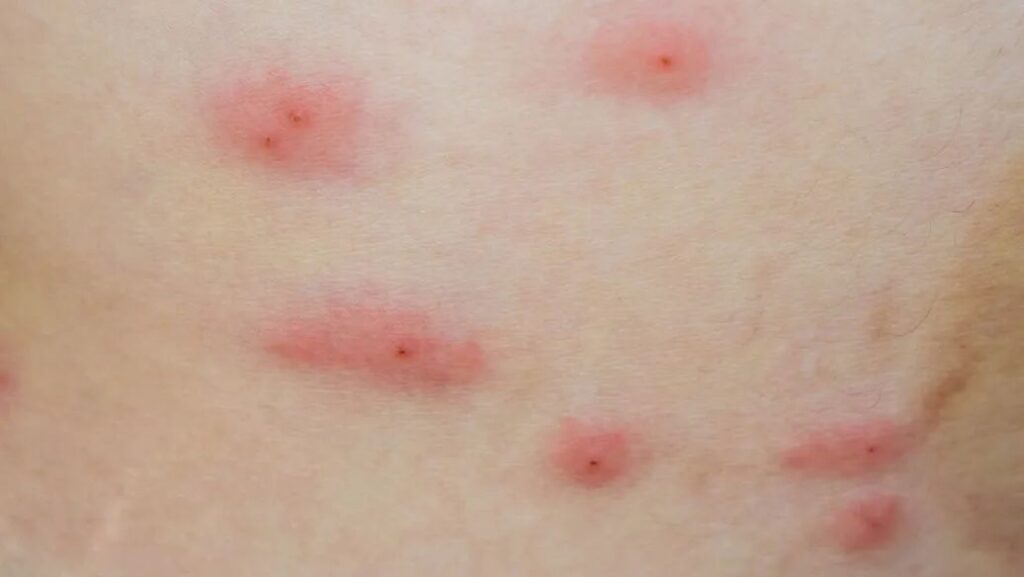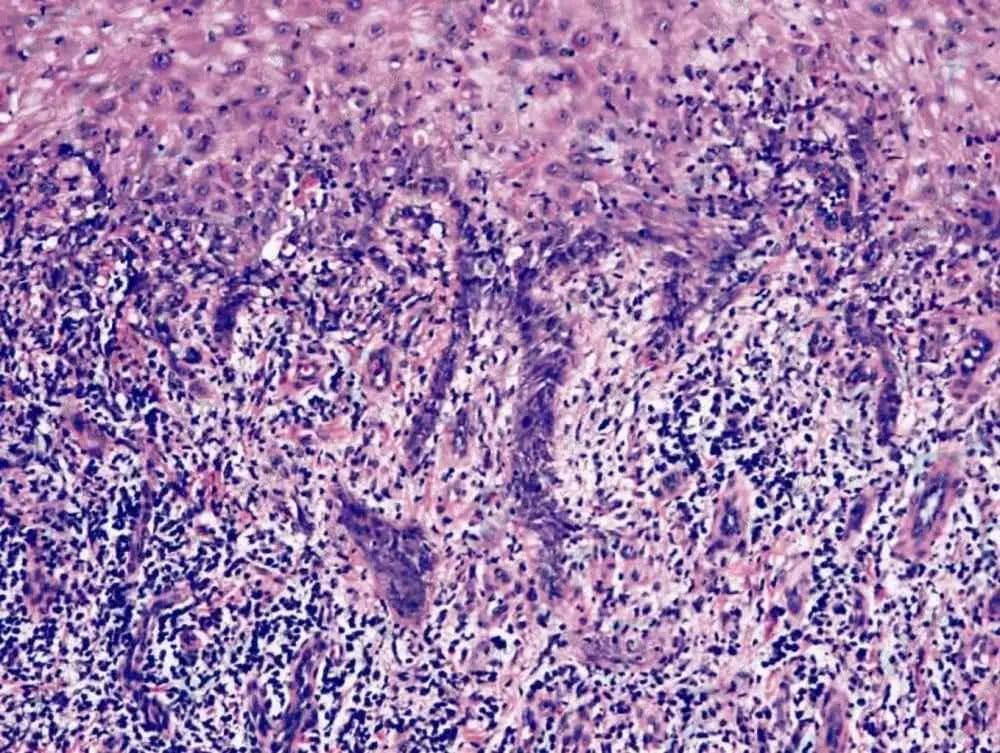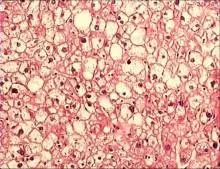Herpes is a common skin disease all over the world, and many people have suffered from herpes. But how does herpes occur and how should it be treated? Can I date someone with herpes? Today we will take you to find out.
What is Herpes?

Herpes is a viral skin infection caused by the herpes simplex virus (HSV). It often appears as fluid-filled blisters, particularly on the lips or face, but it can also affect the genital area. Initially, the affected skin area may itch or tingle, followed by the appearance of blisters. These blisters usually burst, form a crust, and heal within one to two weeks. Herpes can be classified into different types, including:
- Genital Herpes: Caused by HSV-2, this form primarily affects the genital and anal areas.
- Oral Herpes: Caused by HSV-1, leading to cold sores on the lips or around the mouth.
- Herpetic Whitlow: A rare form that affects the fingers.
- Shingles (Herpes Zoster): Caused by the varicella-zoster virus, the same virus responsible for chickenpox.
How Herpes is Caused?
Basal Cell Liquefaction and Basement Membrane Damage

Basal cell liquefaction refers to the vacuolization or fragmentation of epidermal basal cells. In severe cases, the basal cell layer disappears, and spinous cells directly contact the dermis. Immune disorders, genetic factors, and drug allergies are common causes of basal cell liquefaction, seen in conditions like hereditary epidermolysis bullosa, systemic lupus erythematosus, and dermatomyositis. Basement membrane damage is primarily caused by autoimmune and genetic factors, leading to blistering diseases such as bullous pemphigoid, gestational pemphigoid, and dermatitis herpetiformis.
Ballooning Degeneration and Reticular Degeneration

Due to intracellular edema, epidermal cells enlarge and form balloon-like structures. As cells swell and rupture, the remaining cell membranes form multiple reticular septa, ultimately creating multilocular vesicles. This is commonly seen in viral skin infections.
Herpes Virus Infection
Herpes Simplex Virus (HSV) infection is widespread in human populations, with humans being the natural host. The main sources of infection are individuals with genital herpes and asymptomatic virus carriers. The primary mode of transmission is sexual contact with someone who has genital herpes, but asymptomatic carriers with a history of herpes can also be infectious. Among adults, the positivity rate for genital herpes virus antibodies is relatively high, generally ranging from 10-70%, varying with socioeconomic status and sexual activity.
Vasculitis
Often caused by immune complex-mediated hypersensitivity reactions, vasculitis can lead to tissue inflammation and necrosis, resulting in blister formation. Examples include allergic vasculitis, Behçet’s disease, and acute febrile neutrophilic dermatosis.
Treatment of Herpes
General Care
Rest is essential, and patients should consume easily digestible foods while ensuring adequate hydration. Proper care should be taken to maintain skin cleanliness and prevent secondary bacterial infections. Clothes, bedding, towels, and dressings that come into contact with herpes lesions should be promptly disinfected and not shared with healthy individuals. For herpetic gingivostomatitis, maintain oral hygiene and rinse with a 1:1000 benzalkonium chloride solution. Patients with genital herpes should avoid sexual activity during treatment.
Symptomatic Treatment
Calamine lotion can be applied to treat intact, itchy skin lesions. Once blisters have ruptured, antibiotic ointments may be used. For patients with herpes zoster experiencing significant pain, analgesics such as indomethacin can be administered. Oral vitamin B1 and B12 supplements may also be beneficial. In cases of secondary infection, topical 0.5% neomycin cream or mupirocin ointment can be applied.
Antiviral Therapy
Nucleoside analogs are currently considered the most effective drugs against Herpes Simplex Virus (HSV). Oral medications such as acyclovir, valacyclovir, or famciclovir can be prescribed. For topical application on skin lesions, acyclovir ointment or penciclovir cream may be used.
Additional Considerations
- For herpetic gingivostomatitis, maintaining oral hygiene is crucial. Rinsing with a benzalkonium chloride solution can help manage symptoms and prevent secondary infections.
- Patients with genital herpes should abstain from sexual activity during the treatment period to prevent transmission to partners.
- In cases of herpes zoster (shingles) with severe pain, a combination of pain management strategies may be employed, including oral analgesics and topical treatments.
- Immunocompromised patients or those with severe or recurrent outbreaks may require more aggressive antiviral therapy or long-term suppressive treatment.
- Patient education about triggers, transmission, and prevention is an important aspect of herpes management.
Remember, while these treatments can help manage symptoms and reduce the duration of outbreaks, herpes infections are chronic and recurrent. Proper medical advice should always be sought for accurate diagnosis and personalized treatment plans.
